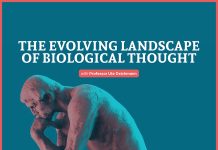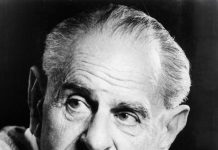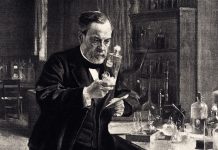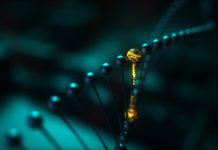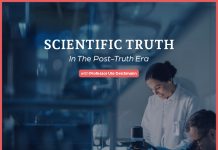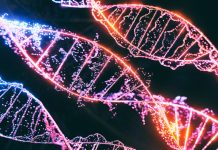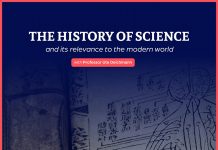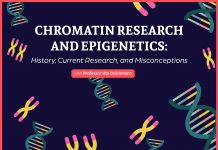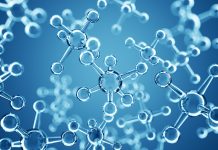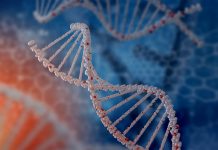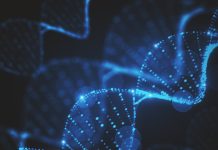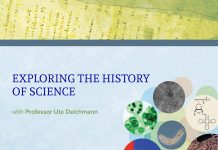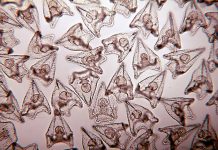Open Access Government produces compelling and informative news, publications, eBooks, and academic research articles for the public and private sector looking at health, diseases & conditions, workplace, research & innovation, digital transformation, government policy, environment, agriculture, energy, transport and more.
Home 2024
Archives
The evolving landscape of biological thought
In this exclusive interview, we delve into the fundamental questions of life and the evolution of biological research while examining the role of scientific revolutions in shaping our understanding of the living world and the challenges posed by modern advancements like artificial intelligence.
Karl Popper and Michael Polanyi: Two 20th century philosophers of science and their present-day...
Ute Deichmann, Director of the Jacques Loeb Centre for the History and Philosophy of Science at the Ben-Gurion University of the Negev, discusses two prominent 20th-century philosophers and their distinctive but equally significant approaches to science.
Preconceived ideas, ideologies, and basic biological principles in controversies in early origin of life...
According to sociologist Robert Merton (1942), the creation of universal and objective knowledge is dependent on the detachment of scientists from their work because passion and preconceived ideas are obstacles to objectivity and scientific progress.
Jacques Loeb Centre for the History and Philosophy of Science
Research into the history and philosophy of modern experimental life sciences and the societal implications.
Karl von Frisch and Konrad Lorenz: Two biologists in Nazi Germany
In 1973, three biologists shared the Nobel Prize for medicine: two Austrians who had conducted most of their research in Germany, Karl von Frisch and Konrad Lorenz, and the Dutchman Nikolaas Tinbergen.
AI and modern experimental biology: A historical perspective
Ute Deichmann, Director of the Jacques Loeb Centre for the History and Philosophy of the Life Sciences at Ben-Gurion University of the Negev, discusses the adoption and limitations of Artificial Intelligence within modern experimental biology.
Scientific Truth in the Post-Truth Era
“The belief in the value of scientific truth is a product of certain civilizations and not a fact of nature” (Weber, 1922).
From the empirical to the causal molecular: Understanding biology and genetics
From empiricist to causal molecular understanding of life and back: Historical reflections on 19th and 21st-century epistemologies in biology
The German American physiologist and experimental...
The History of Science: A Q&A with Professor Ute Deichmann
Professor Ute Deichmann, Jacques Loeb Centre for the History and Philosophy of the Life Sciences, shares some of her expertise of the history of science, with a particular focus on misconceptions and threats to modern day science.
Chromatin Research and Epigenetics: History, research, and misconceptions
Professor Ute Deichmann, Jacques Loeb Centre for the History and Philosophy of the Life Sciences, Ben-Gurion University of the Negev, discusses the history, current research and misconceptions about chromatin research and epigenetics.
The idea of self-organisation in biology and its critics
Using the example of Alan Turing’s paper on morphogenesis, Ute Deichmann at Ben-Gurion University of the Negev explores self-organisation in biology.
Biocolloidy and Epigenetics – Is “scientific revolution” a useful concept in biology?
Is Thomas Kuhn's idea of "scientific revolution" useful for explaining advance in biological research? The examples of biocolloidy and epigenetics.
Mendel, Darwin, and Lysenko: the battle toward understanding genetics
August 1948 saw the Soviet government ban all teaching and research in genetics. Within a year, “the doctrine of agronomist Trofim Lysenko – dubbed ‘Soviet Creative Darwinism’ – replaced genetics in curricula and research plans of biological, medical, veterinary, and agricultural institutions.” (Krementsov 2010).
Exploring the history of science
We speak to Professor Ute Deichmann, Director of the Jacques Loeb Centre for the History and Philosophy of the Life Sciences at the Ben-Gurion University of the Negev, about the history of science.
Irreproducibility and scientific truth
Ute Deichmann from Ben-Gurion University of the Negev, Beer Sheva, Israel, explores the issues of irreproducibility and scientific truth
Constancy & plasticity in biology – the central role of hierarchical causal models
Ute Deichmann of the Jacques Loeb Centre for the History and Philosophy of the Life Sciences at Ben-Gurion University, explores the role hierarchical causal models have on constancy and plasticity in biology.

